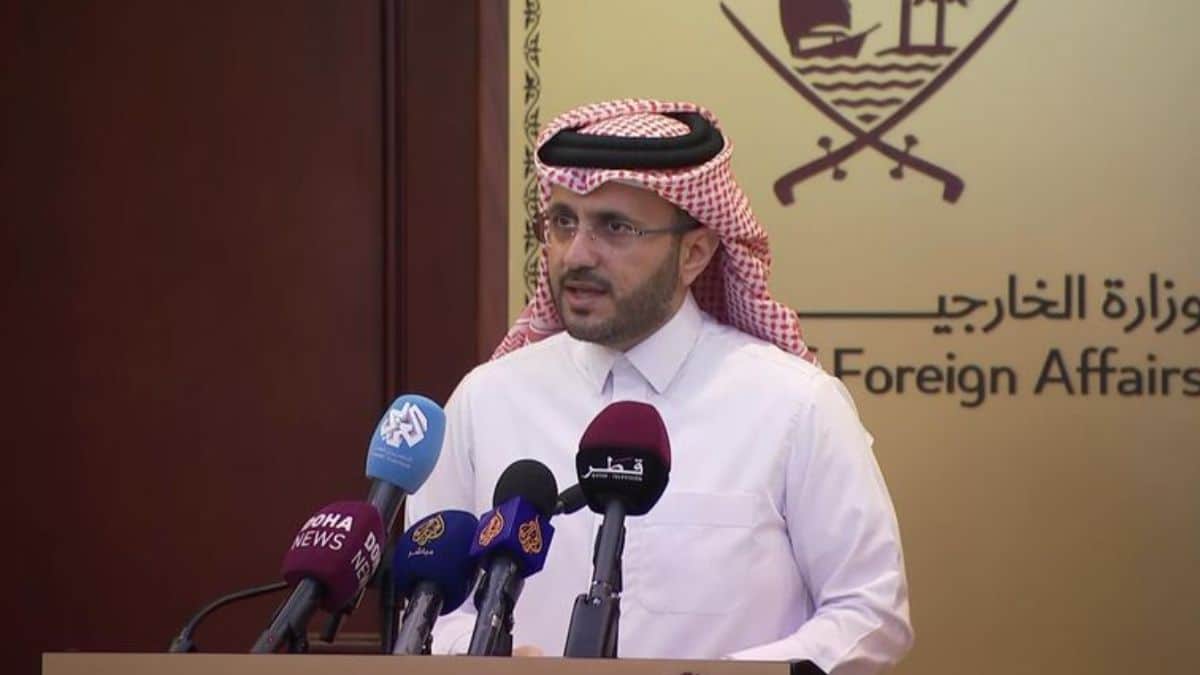Qatar has issued a strong condemnation of the assassination of Ismail Haniyeh, the political chief of Hamas, calling it a grave violation of international norms and an act of unjust aggression. The statement from the Qatari government follows Hamas’s announcement that Haniyeh was killed in a “treacherous Zionist raid” on his residence in Tehran.
In a formal statement, Qatar’s Foreign Ministry expressed deep concern over the targeted killing, describing it as an “outrageous breach of international law and a deliberate attempt to escalate regional tensions.” The ministry urged the international community to condemn the attack and to take measures to prevent further acts of violence.
“The assassination of Ismail Haniyeh is an unacceptable act that undermines efforts for peace and stability in the region,” said the Qatari Foreign Ministry spokesperson. “Such acts of aggression only serve to inflame conflicts and hinder prospects for a lasting resolution to the Israeli-Palestinian conflict.”
Qatar, which has historically maintained a neutral stance in regional conflicts while advocating for dialogue and diplomacy, has positioned itself as a key mediator in Middle Eastern affairs. The country has provided substantial humanitarian aid to Gaza and supported various peace initiatives aimed at resolving the Israeli-Palestinian conflict.
The killing of Haniyeh, a prominent figure in Hamas and a central player in Palestinian politics, has sparked widespread condemnation from various factions and governments. The attack has intensified calls for restraint and dialogue, with many viewing it as a provocative move likely to escalate already volatile tensions in the region.
In response to the assassination, Qatar has reiterated its commitment to supporting Palestinian rights and called for renewed international efforts to address the root causes of the conflict. The country has also urged all parties involved to engage in constructive negotiations and to avoid actions that could further destabilize the region.

